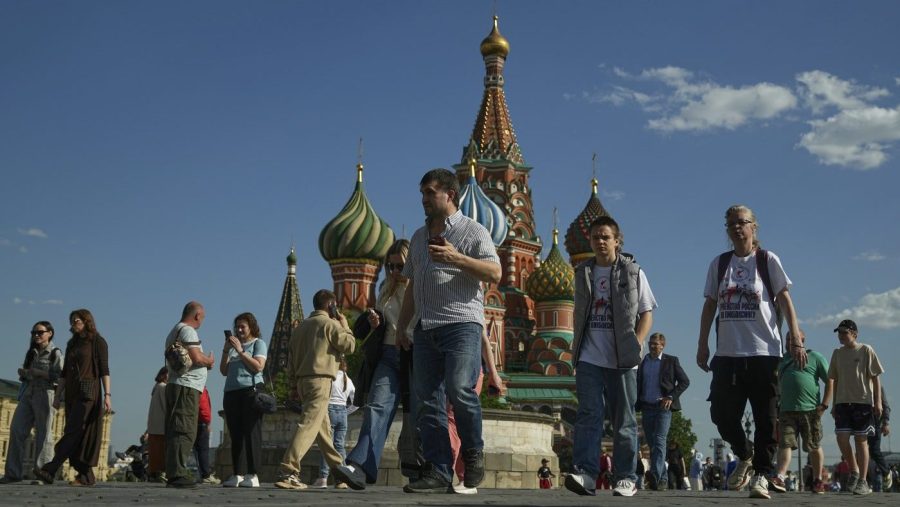The Kremlin is intensifying efforts to frame concerns about Russia as a form of irrational bias, labeling it as “Russophobia.” This campaign aims to portray the anxiety surrounding Russia’s actions, particularly since the invasion of Ukraine in February 2022, as an unwarranted ideology that the international community must collectively oppose.
Russian officials, including President Vladimir Putin and Foreign Minister Sergey Lavrov, have consistently highlighted what they view as rising anti-Russian sentiment globally. They argue that this sentiment has escalated to a point where it threatens the fabric of international relations. According to statements from the Kremlin, this perceived bias undermines constructive dialogue and cooperation between nations.
Kremlin’s Strategy to Counter Perceptions
In an effort to combat what it describes as Russophobia, the Kremlin is leveraging various platforms. Russian diplomats have engaged in discussions within international organizations like the United Nations and NATO, asserting that the portrayal of Russia as a pariah state is not only harmful but also risks destabilizing diplomatic relations. They argue that such narratives ignore the complexities of global politics and the historical context of Russia’s actions.
One significant aspect of this campaign involves promoting Russia’s perspective on issues of security and sovereignty. Officials have emphasized that their military actions, particularly in Ukraine, are defensive rather than aggressive. The Kremlin’s narrative suggests that the West’s response to Russia’s actions is driven more by fear and misunderstanding than by legitimate geopolitical concerns.
This strategic framing is not only aimed at domestic audiences but also at international partners, particularly nations in the Global South. The Kremlin seeks to build alliances by presenting itself as a victim of Western aggression, hoping to garner support from countries that view Western policies with skepticism.
International Reactions and Implications
Responses from other nations have varied. While some countries align with the Kremlin’s call for dialogue and understanding, others remain critical of Russia’s actions, viewing them as violations of international law. The ongoing conflict in Ukraine continues to polarize opinions, with many Western nations imposing sanctions and increasing military support for Ukraine.
The Kremlin’s push against Russophobia could have broader implications for international diplomacy. As tensions remain high, the effectiveness of Russia’s campaign will depend on its ability to reshape narratives and counteract established perceptions. Engaging with various global stakeholders will be crucial for Moscow as it seeks to navigate its diplomatic landscape amid ongoing crises.
Ultimately, the Kremlin’s efforts to challenge the narrative of Russophobia reflect deeper anxieties about its standing in the world. As global dynamics continue to evolve, the impact of these efforts on international relations remains to be seen.








































































